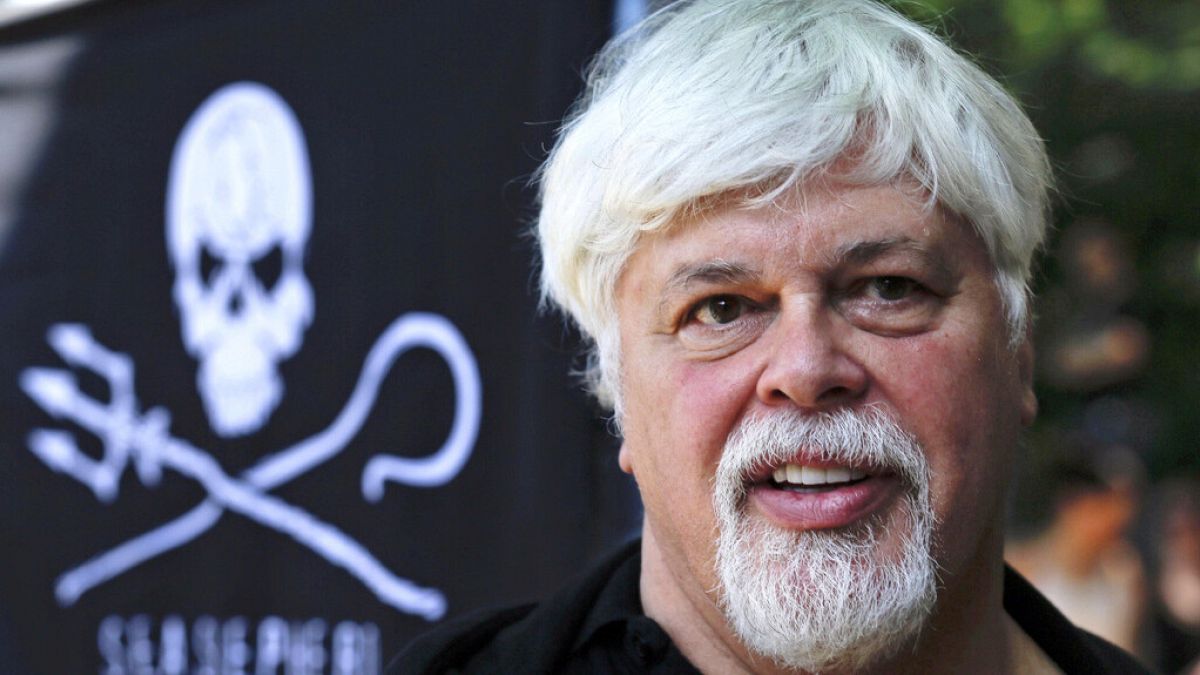There will be more cuts in spending and no new initiatives from public services as the Government books paint a bleak economic picture.
Treasury released the Half Year Fiscal Update this afternoon, blowing many economic forecasts out of the water.
Finance Minister Nicola Willis said “the downturn started earlier, was deeper and persisted for longer than previously expected”.
It shows a much slower path for economic growth, unemployment to peak at 5.4% in the middle of next year and the Government’s debt path to be much steeper than previously thought.
Finance Minister Nicola Willis said “the downturn started earlier, was deeper and persisted for longer than previously expected”. (Source: 1News)
And in a blow to the Government’s budget, tax revenue is $13 billion lower, largely due to fewer people in work, reduced GST take and business contributions.
Crown expenses are heading up, on average $1.4 billion higher than expected due to welfare, superannuation and education costs increasing.
In a major change, the Government has shifted how it measures its operating balance before gains and losses – known as OBEGAL – removing ACC from its calculations. It’s now calling that OBEGALx.
Willis says that’s because ACC is self-funding and its current high deficits paint an even bleaker picture of the books than is necessary. Treasury disagreed with the change, but the minister forged ahead.
Even with those changes, the Government’s hopes of returning to surplus in 2027/28 look minuscule. The projections are for an OBEGALx surplus in 2028/29 but no return to OBEGAL surplus until at least 2030.
All that means some tight times ahead.
In next year’s Budget, the public can expect to see a “very high bar” set for any new initiatives, more public sector cuts and very few Government departments will see any new funding.
Willis admitted it would be a “big task” do to that.
“The hill we have to climb is much steeper than a year ago.”
Tight operating allowance
The operating allowance for the next four Budgets will remain very tight at $2.4 billion a year.
But the Government has already pre-committed $1.37 billion against this year’s Budget to meet forecast pressures on the health system and then followed up with belatedly committing to fund 26 cancer drugs.
That means it has just $700 million in operating spending to hand out.
Willis said there will have to be further savings for spending on crucial services such as health, education and police. She confirmed that is likely to mean more job cuts.
To find new sources of revenue, a charity tax is on the way, with details to be confirmed in next year’s Budget.
The Minister ruled out a capital gains or wealth tax. She said as National’s finance minister she would love to introduce a foreign buyers’ tax but doesn’t have the support of the coalition to do that.
The ferry saga continues to hang over the Government. The unknown cost of the Cook Strait ferries will mean reduced capital spending on other infrastructure projects.
The still unknown break fee for the ferry cancellation as well as compensation and other payments the Government has promised as a result of the Royal Commission of Inquiry will have to come out of that tight spending in next year’s Budget.
Other forecasts show house prices remaining sluggish next year, decreasing by 0.1% but increasing by 5.3% in 2026.
Inflation is expected to remain well within the Reserve Bank’s target range, hitting 1.8% next year.
And migration pressures will continue to ease, with net migration falling from 72,000 this year to 29,000 next year.
Labour: ‘Recession will be longer and recovery harder’
Labour finance spokesperson Barbara Edmonds said the Finance Minister has failed to return the Government’s books to surplus.
“The Half Year Economic and Fiscal Update is the rotten cherry on top of Nicola Willis’ first year as Finance Minister,” Edmonds said.
“Unemployment is on the rise, there are fewer jobs and a Kiwi leaves every six and a half minutes for greener pastures.
“The damage she has done to the economy means the recession will be longer and the recovery harder.”
Edmonds also said the Government was struggling to balance the books after choosing tax cuts – on top of “outrageous tax breaks for landlords and tobacco companies”.
“The Government has no plan to grow the economy other than talking about it. That’s not how the real world works – National is out of touch.”












